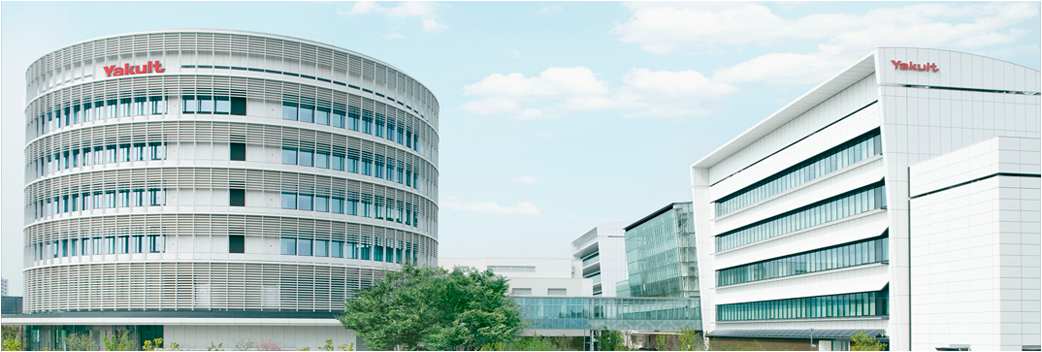"Our digestive system is a complex collection of organs, perfectly engineered!"


"Our digestive system is a complex collection of organs, perfectly engineered!"

Did you hear lately that Yakult’s infused with ancient Japanese magic… Actually, it’s all about the science! Yakult has a long heritage and an amazing amount of science behind its iconic little bottle, and this has always been at the core of the Yakult company.
Yakult has nearly 300 staff and scientists working at the Yakult Central Institute in Japan and the Yakult European Research Centre in Belgium, where innovative findings are generated every day. These clever busy bees make sure that science is at the heart of our company!

After creating the first bottle of Yakult in 1935, Dr Shirota established Japan’s Yakult Central Institute for Microbiological Research in 1955, a centre where scientists to continue his pioneering work investigating the use of bacteria in food, cosmetic and pharmaceutical products. The Yakult Central Institute boasts state of the art research and development (R&D) and technical capabilities in intestinal microbiota!
Today this state of the art research centre continues to investigate the microorganisms such as the L.casei Shirota strain, with major research fields including microbiology, nutritional science, physiological sciences, immunology, biochemistry, bioengineering, organic chemistry, fermentation engineering, natural products chemistry, pharmaceutical science and analytical chemistry.
The research initiatives undertaken by the Yakult Central Institute comprise of three phases 1) basic research, 2) development research of materials for food, pharmaceuticals, and cosmetics, and 3) product feasibility research.
In May 2005, Yakult Honsha Company Ltd established the Yakult Honsha European Research Centre for Microbiology in Ghent, Belgium, as a hub for research activity in Europe. The research centre is situated in a research facility called "Bio-Incubator" (a cluster of biotechnology companies) in the suburbs of Ghent and aims to investigate the intestinal microflora of the European population as well as researching and testing the effects of L.casei Shirota on human intestinal flora.
In addition to the research institutes that Yakult has in Japan and Europe, Yakult also sponsors independent research in hospitals, universities and institutes throughout the world, believing it is vital to support independent research teams as this is where many of the best ideas flourish.
More than one hundred peer-reviewed publications describe human studies with Yakult’s L.casei Shirota. In 2016, for example, there were over 20 peer-reviewed publications describing original research conducted by scientists in research institutes and hospitals in the UK, as well as the Netherlands, Belgium, Portugal, Mexico, Malaysia, Hong Kong, Singapore and Japan.
The research behind Yakult has led to the approval of health claims in nine countries;. In 1998 Yakult was one of the first products to be awarded the Food for Specified Health Use (FOSHU) status in Japan.
Research is being conducting in a wide range of areas, from the gut to the environment. Here is just one example of our pioneering research.
Yakult has started an experimental project with the Japan Aerospace Exploration Agency in 2017, to examine how the bacteria in Yakult (L.casei Shirota) influences the human body.
In outer space, bacteria levels in the body are believed to change; this is a challenge which needs to be researched for extended future space travel. Yakult has developed a technology to freeze-dry their live bacteria and keep them in capsules at ordinary temperatures for as long as nine months. The capsules containing the bacteria will be carried on a U.S. unmanned vehicle to the International Space Station (ISS). Crew members of the ISS will be consuming these capsules of L.casei Shirota to provide the answers!